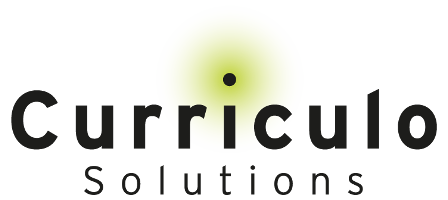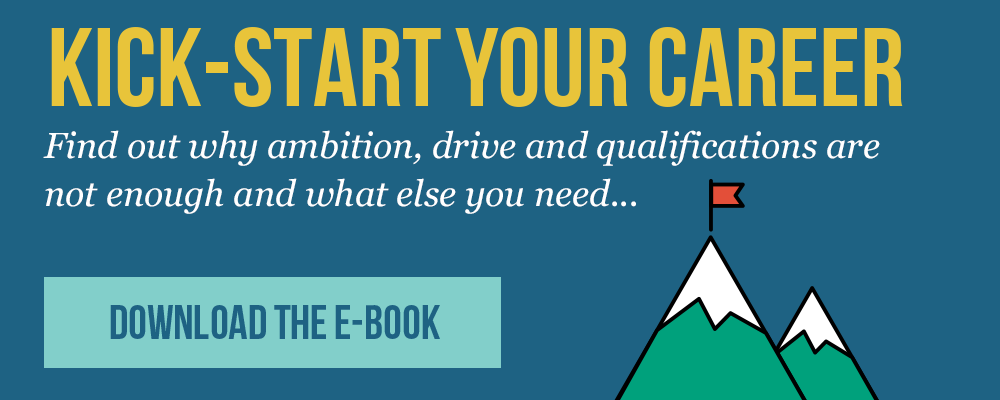.jpg?width=877&name=Blog-post-three-career-plan%20(1).jpg)
If you’re concerned about careers and employability, you’re not alone. Making a decision about what you want to do with your life post-studying is very important – some people know exactly what they want to achieve throughout their careers (and have known since school!), while others find the process confusing and intimidating. Rather than freaking out about the fact that you don’t know where you see yourself in five years time, you can be systematic about your careers and employability prospects by simply making a career plan. This is also an incredibly exciting time of life – the world really is yours for the taking. Our step-by-step approach will guide you through what you need to consider when mapping out a career plan that’ll take you places.
If Richard Branson didn’t have a career plan, then why should I?
You might be wondering why you need a career plan at all. Some of the most famous entrepreneurs don’t have degrees and left school without A levels – much less a career plan for creating some of the world’s most iconic organisations. So why do you need one? These business celebrities are very much the exception, not the rule. If you want to shine throughout your long and prosperous career, you need to be proactive to get ahead of the thousands of other applicants vying for jobs within your chosen industry. Sure, it’s becoming harder and harder for graduates to find work after studying – but you still deserve a fulfilling career that rewards all your strengths. The best way to guarantee this is to start with a career plan.
A career plan is a detailed and dynamic route to your work goals
Let’s quickly go over what a career plan is. It might sound obvious, but a career plan identifies and describes the steps you need to take in order to achieve your career and employability goals. It’s not a static plan, but a continuous and ongoing process that gets tweaked and re-tweaked as you progress through your career. You evaluate your skills, interests and ambitions to determine what you’d like to do throughout your career (in the long and short term), and what you need to do to get there. Start with a big picture overview, and then break that down into steps. Break these steps down into further steps until you’ve got a detailed and organised route to your goals.
Here’s how you can get started with your career plan:
- Take time to think about your interests, values, skills and strengths. What would you like to do and achieve throughout your career? How can these skills complement that dream? You don’t necessarily need to be specific – even if your main goal is simply to make a positive impact on the environment, it’s a great place to start.
- Identify the possible career paths that will help you achieve your main goals. If you have amazing analytical skills and want to save the planet, you might consider a career as a research analyst for an environmental think tank. Or if your main strengths lie in your interpersonal skills, you may want to follow a career in PR for an NGO such as Greenpeace. What’s important here is to be realistic. There’s little sense pursuing a career as a marine biologist if your main skill is graphic design and you’re afraid of sharks!
- Your professional network is just as important as your degree and qualifications. The old adage “it’s not what you know but who you know” is true when it comes to planning your career. Opportunities and knowledge flow through people, and the best way to access as many opportunities as you can is to start building a network. With every person you add to your network, you get access to many more. Make a list of anyone you might know who knows anything or anyone about your areas of interest. Get in touch with them and ask them a few questions – take them out for coffee if you need to.
- And finally, no career plan is complete without SMART goals. These are specific, measurable, attainable, relevant and time-bound goals that help you focus on your objectives. Once you’ve set these, go out and look for any work experience, internships or relevant experience that’ll help you achieve your goals.
The prospect of careers and employability can be an exciting one, especially if you’re prepared to invest energy towards planning for your future. The right career skills programme can make this planning process a lot less daunting and more enjoyable.
If you’d like to find out how Curriculo Solutions guides and advises students towards their career potential, download our guide.


